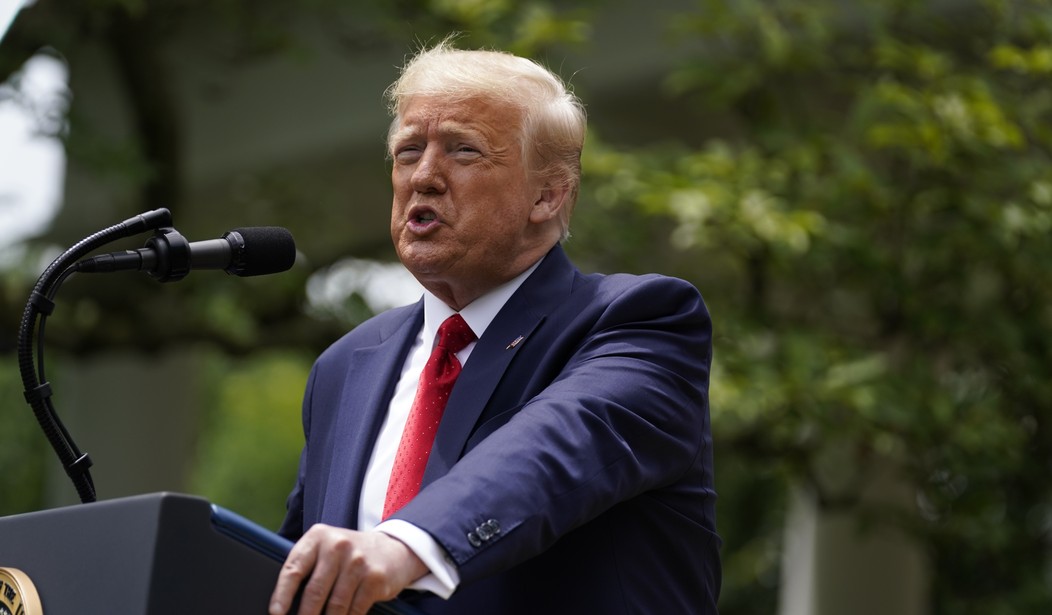Is America in a recession? It's an unpopular question to ask, but its been over three months since COVID-19 restrictions were initiated. It is time for us to get realistic about where we are economically so that we can take the proper steps to minimize further damage. The unfortunate reality is that it is likely that it will take several years to see a partial recovery of the economic loss, and the time that it will take for a complete recovery remains unknown at this point.
According to calculations by Johns Hopkins University, the U.S. now has over 2 million confirmed cases of COVID-19. As the numbers continue to rise, which they will, more Americans will become hesitant about going out and returning to some level of normalcy. This grim reality means further damages to an already struggling U.S. economy that has, by all accounts, come to a complete standstill. Roughly 44 million people have filed for unemployment benefits since mid-March and despite claims that showing numbers going down, it has since been revealed that those recent Department of Labor numbers were in error, putting into question the real unemployment rate.
As individual states move to phase one and some in cases phase two or three of reopening, I can't help but wonder how many people are willing to and feel comfortable about going out. How many people are willing to put themselves and their families at risk? Can we blame people for saying that they're not willing to go out or go to work knowing that there are still so many unknowns regarding COVID-19? With the absence of a vaccination or any remedies to help combat the virus, and the possibility for resurgence this fall, we're in dangerous and uncharted territory.
Many of the small businesses impacted by COVID-19 will take years to recover -- if they're not forced to close down. This will decimate many communities across the country that rely on those businesses. However, there are some adjustments that we can implement to help stop the bleeding. Businesses need consumerism to stay afloat, and we must become creative. So, this brings me back to my original point of focusing on sustaining our economy as we battle these unknown variables of COVID-19. If we don't, the United States could very well find itself in another depression.
Recommended
One way to avoid another depression is to restructure our idea of "work." We're already in a gig economy that principally focuses on short-term contracts and freelance work. Under this new normal, we need to not only encourage working from home but also we need to create incentives for companies large and small to come up with creative ways to meet their bottom line, provide their services and be successful. Many tech companies in Silicon Valley encourage their workers to have creative work hours, which includes having the ability to work from home. We can take their model and expand it.
This is a great opportunity to push American ingenuity to the next level. This new phase could encourage and birth new companies and create new millionaires and billionaires. What has always separated the United States from the rest of the world has been our ability to become creative and innovative by meeting the demands of the time -- and this is such a time.
By creating incentives for businesses large and small through tax credits and other means, we would increase productivity. As we have seen with companies such as Amazon, Uber and Lyft, it's possible to move products from businesses to consumers in ways that keep people safe during the COVID-19 crisis.
Right now, our biggest hurdle as a country is whether or not we can readjust ourselves and our habits to the moment we're in. I believe we can because we have the tools to do so and we can do it in a way that uplifts all Americans regardless of race or creed. We can do it in a way that helps us begin to recover our economic losses through growth, imagination and ingenuity. That is the American way.
To find out more about Armstrong Williams and read features by other Creators Syndicate writers and cartoonists, visit the Creators Syndicate website at www.creators.com.
























Join the conversation as a VIP Member